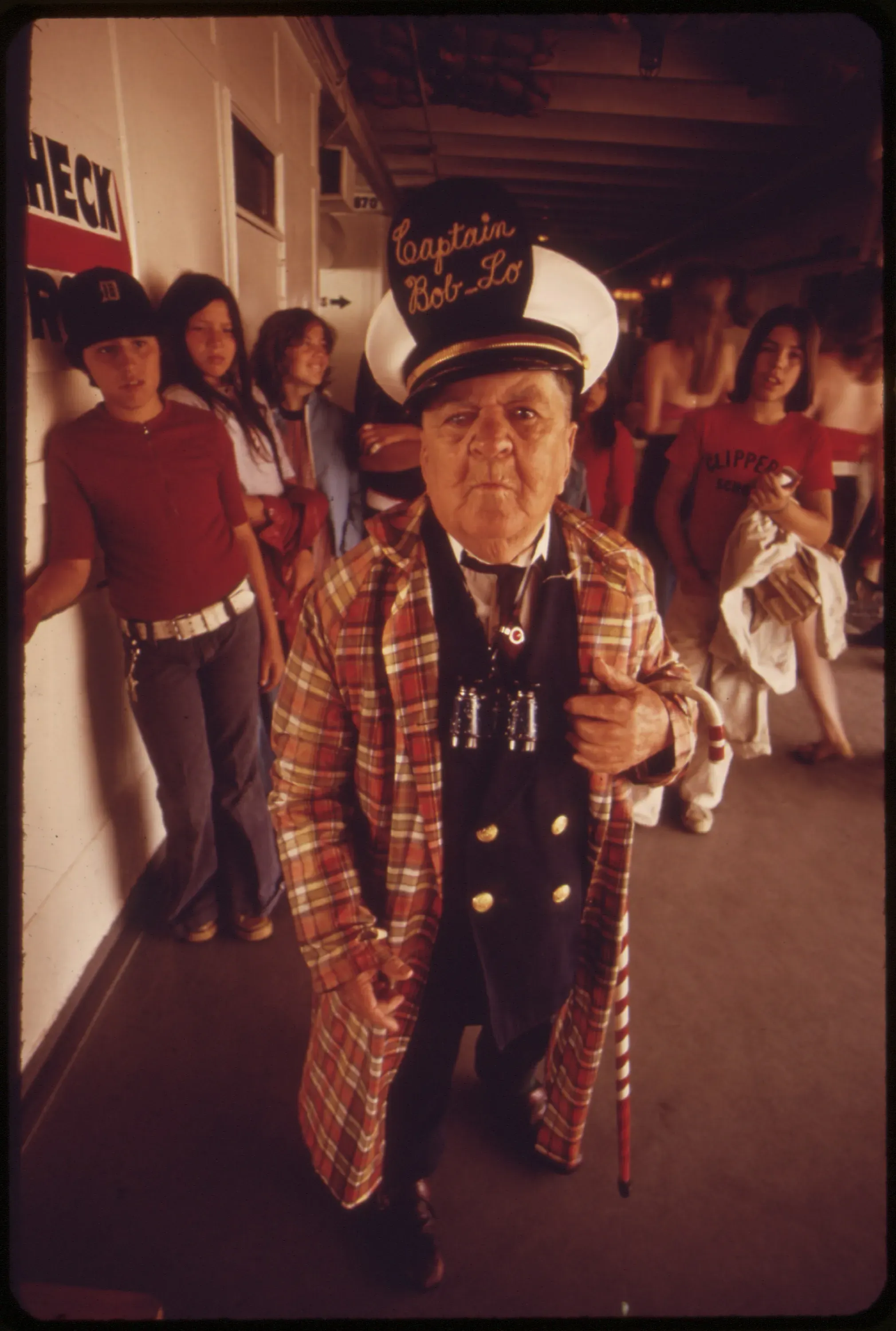Table of Contents
Ever stumbled across a name that sparks curiosity, a puzzle piece in a vast digital landscape? For many, that name might be 90 bob. It's not a household name, not a chart-topping sensation plastered on billboards. Yet, for those digging through crates or scrolling online databases, 90 bob surfaces, often linked to music, specifically discographies and vinyl. Who is this figure, and why do they appear in these contexts? This isn't about a nostalgic hairstyle or a monetary sum from decades past. We're diving into the identity behind this intriguing moniker. We'll pull back the curtain on the artist known as Bob (90), explore the records tied to this name, and look at what it means to collect or simply appreciate their work in the digital age. Prepare to uncover the story and the sound associated with 90 bob, moving beyond the search result snippet to understand the actual person and their contribution.
Unpacking the Identity Behind 90 Bob

Unpacking the Identity Behind 90 Bob
So, you're tasked withUnpacking the Identity Behind 90 Bob? Welcome to the club of digital detectives and crate diggers. It's rarely a straightforward Google search yielding a Wikipedia page and a Vevo channel. More often, you're sifting through databases like Discogs, where the "(90)" isn't a birth year or an album title, but typically an identifier – the 90th 'Bob' cataloged to distinguish them from the dozens of others. Your initial leads come from release credits, maybe forum discussions from years ago, or squinting at tiny print on album sleeves. It’s about piecing together fragments: a genre tag here, a label name there, perhaps a collaborator's name that *does* have more information available. This isn't about finding a celebrity; it's about finding a participant, a contributor to the vast, often obscure, landscape of recorded music.
Exploring the Discography Linked to 90 Bob

Exploring the Discography Linked to 90 Bob
Where to Start Your Dig
so you've accepted the quest to explore the discography linked to 90 bob. Where do you even point your browser or your magnifying glass? Forget major streaming services initially. Your best bet is digging into dedicated music databases. Discogs is the undisputed king here. Type "Bob (90)" into their search bar, and you'll likely find a page dedicated to this specific artist identifier. This is your ground zero. It lists releases, formats (vinyl, CD, cassette), labels, years, and sometimes even genre tags or personnel credits. It's a community-built resource, meaning the information is only as good as the people who added it, but it’s consistently the most comprehensive starting point for these less-documented artists.
Navigating the Release List
Once you're on the artist's page, prepare for variety. You might see a single obscure 7-inch from the late 80s, a full-length album released on a tiny independent label, or maybe just credits on compilation albums alongside other artists. Don't expect a slick, curated catalog. It's often a mix of main releases and guest appearances. Pay close attention to the labels listed – researching the label itself can sometimes provide context about the artist's scene or musical style. Look at the year of release. Does it align with a specific musical trend? Are there any collaborators listed that you recognize?
- Check Discogs first and foremost.
- Note the format of the releases (Vinyl, CD, Digital).
- Research the record labels involved.
- Look for release years to place the music historically.
- Identify any listed collaborators or producers.
The Thrill of the Find
Exploring the discography linked to 90 bob isn't just about cataloging data points. It's about the hunt for the actual music. Finding these releases can be a challenge. They might be out of print, only available through specialist record stores, or perhaps uploaded to obscure corners of the internet. The process itself becomes part of the experience. When you finally track down a recording – maybe a crackly vinyl rip or a digital file shared years ago – there's a genuine satisfaction in hearing the sound connected to that name. It pulls the artist out of the abstract database entry and into reality, letting you hear what 90 bob actually sounded like.
Collecting the Sounds of 90 Bob

Collecting the Sounds of 90 Bob
Hunting Down the Releases
Alright, so you've identified some releases linked to 90 bob on Discogs or elsewhere. Now comes the real game: actually getting your hands on the music. This isn't like walking into a chain store and grabbing the latest pop album. These records are often scarce, produced in limited runs on small labels years, sometimes decades, ago. Your hunting grounds become online marketplaces like Discogs itself, eBay, or specialized forums and communities dedicated to the specific genre Bob (90) operated within. Prices can vary wildly, from a few bucks for a forgotten 7-inch to surprising sums if a release is particularly rare or sought after by a niche group. Patience is key here. You might set up saved searches and wait months or even years for a copy to surface.
The Value Beyond the Vinyl
Why bother with all this effort for an artist like 90 bob? It's more than just owning a physical object. Collecting the sounds of 90 bob connects you directly to a specific moment in music history, a small piece of the cultural puzzle that didn't make it into the mainstream narrative. You're holding something tangible that represents someone's creative output, their attempt to put sound into the world. There's a satisfaction in the tactile experience of handling a record sleeve, reading the liner notes (if there are any), and dropping the needle. It feels more substantial than a digital file, a deeper engagement with the music and the artist behind it. Plus, you get bragging rights among fellow diggers for unearthing something truly obscure.
Tips forCollecting the Sounds of 90 Bob(and other obscure artists):
- Set up "want lists" on sites like Discogs to get notifications when items appear.
- Explore online communities and forums related to the specific genre or label.
- Visit local independent record stores, especially those with deep used sections.
- Be prepared for releases to be in less-than-perfect condition.
- Consider digital options if physical copies are impossible to find, but verify the source.
- Factor in shipping costs, especially for international sellers.
- Don't be afraid to negotiate politely if a price seems unreasonable.
The Lasting Echoes of 90 Bob

The Lasting Echoes of 90 Bob
Where the Music Still Resonates
So, after the digging, the collecting, the listening – what's left?The Lasting Echoes of 90 Bobaren't exactly shaking the foundations of popular music. You won't hear their tracks sampled by Drake or soundtracking the next superhero movie. The "echoes" are quieter, residing in the specific corners where this music found its home. They persist in the collections of dedicated fans and vinyl hounds who stumbled upon that one record and it clicked. They live on in the digital databases where they are meticulously cataloged, ensuring that this specific Bob, the 90th one, doesn't vanish entirely into the ether. Their influence, if any, is likely subtle, maybe a fleeting inspiration for another musician operating in the same narrow lane, or perhaps just a unique sound that adds another layer to the rich, messy history of recorded sound that most people never hear.
Think of it less as a roaring legacy and more like a specific frequency still being picked up by a few tuned-in receivers. It's a reminder that music history isn't just the hits; it's the millions of smaller signals, the artists who made their sound, put it out, and whose work continues to exist, even if only for a devoted few.
The Enduring Presence of Bob (90)
Stepping past the initial search query for "90 bob," we've navigated the digital trails and physical collections to arrive at the reality of the artist, Bob (90). This isn't a tale of mainstream fame or global recognition, but rather one rooted in specific musical outputs documented across various platforms. The discography, while perhaps not extensive, represents a tangible body of work. For collectors, these records hold a particular value, a piece of a larger, often fragmented, musical history. Understanding 90 bob means acknowledging this specific artist and their contribution, however niche it might be, within the vast and ever-expanding universe of recorded sound. It's less about a grand narrative and more about the quiet persistence of an artist's output waiting to be discovered by those who seek it out.